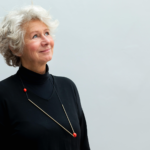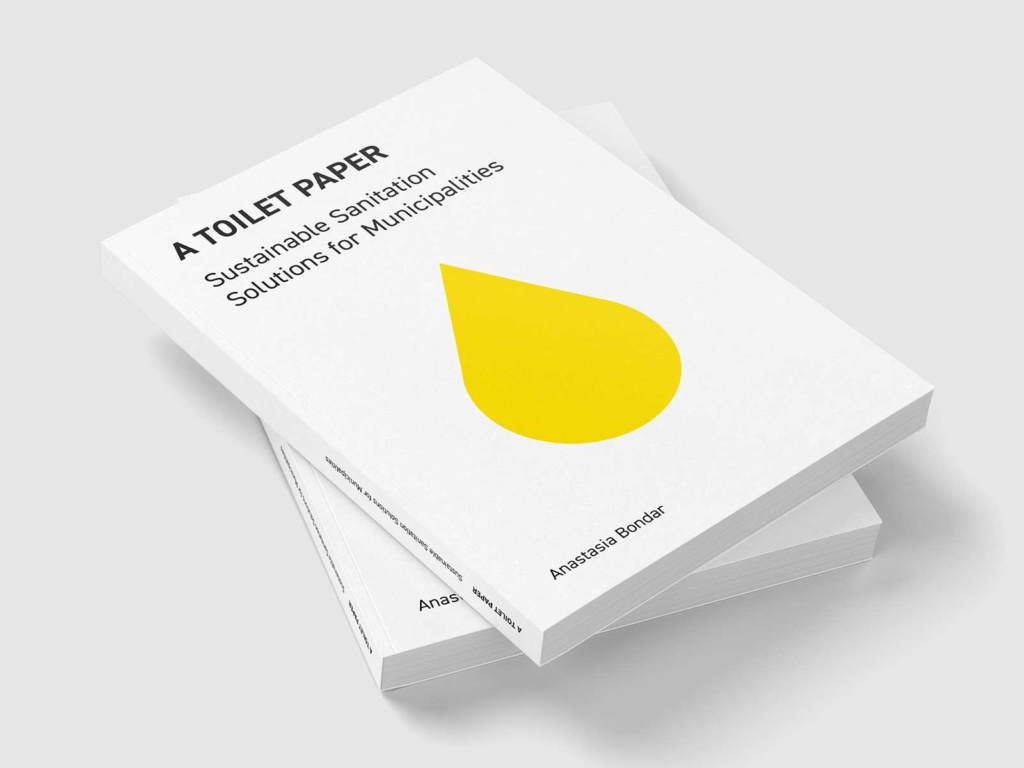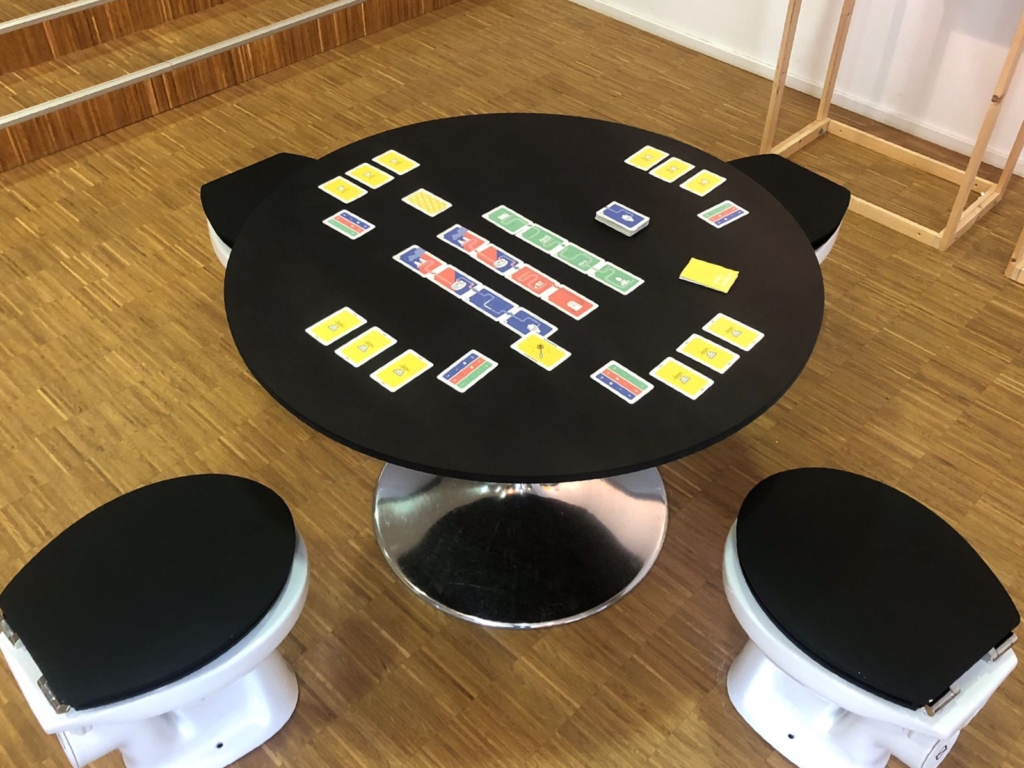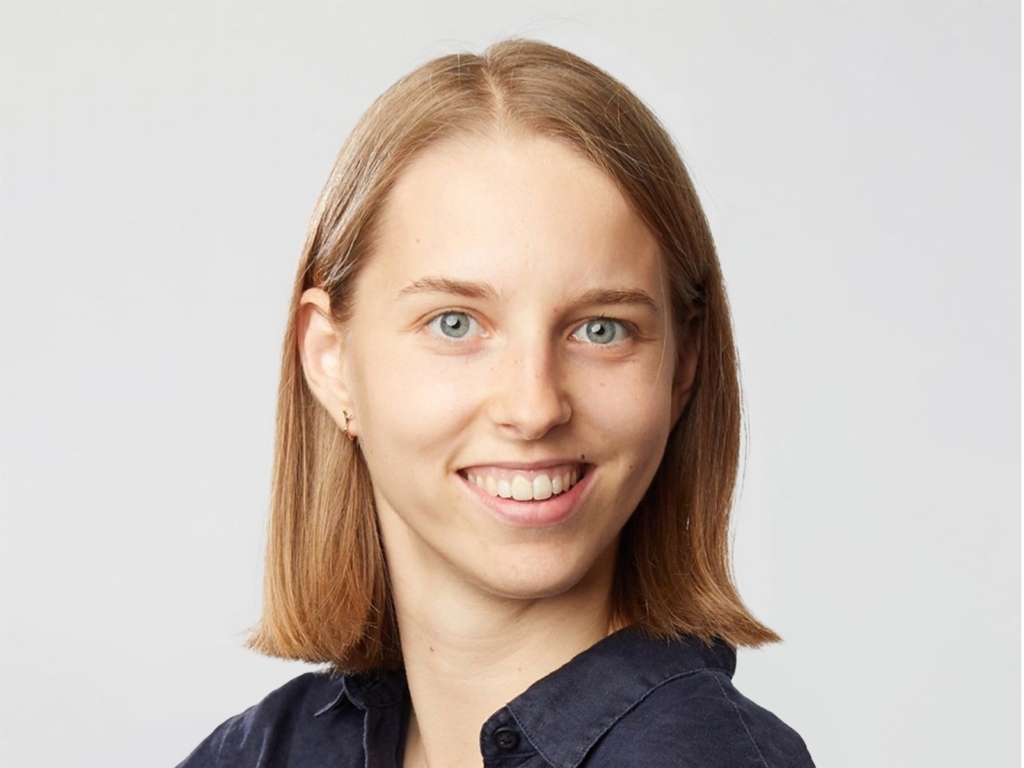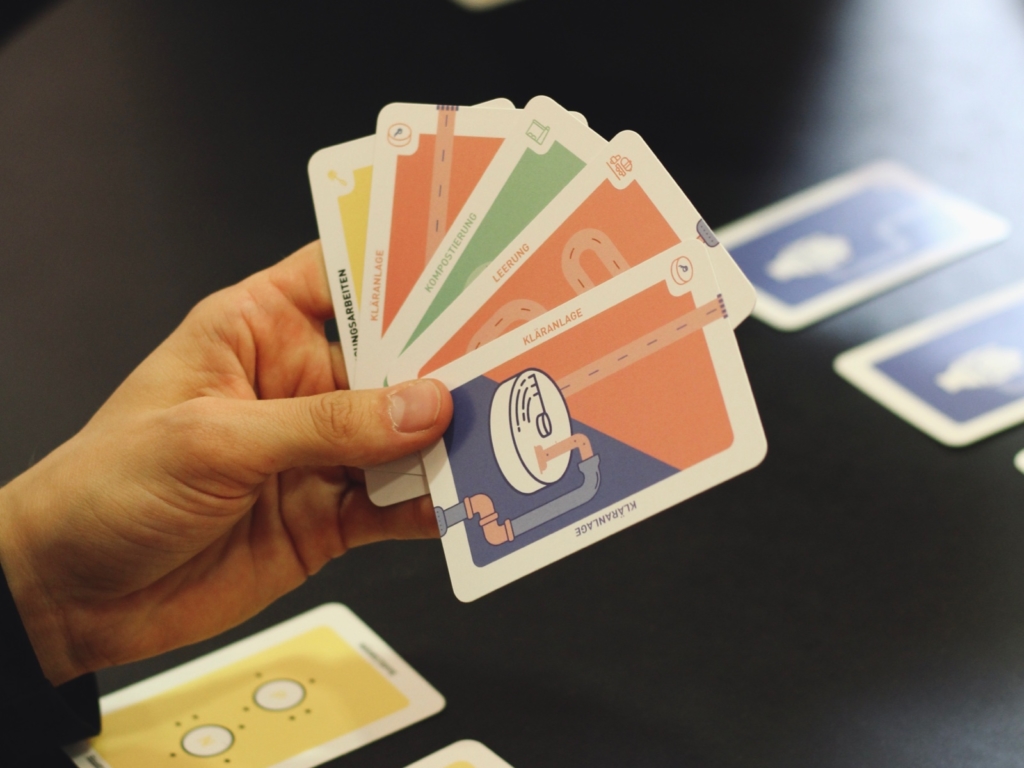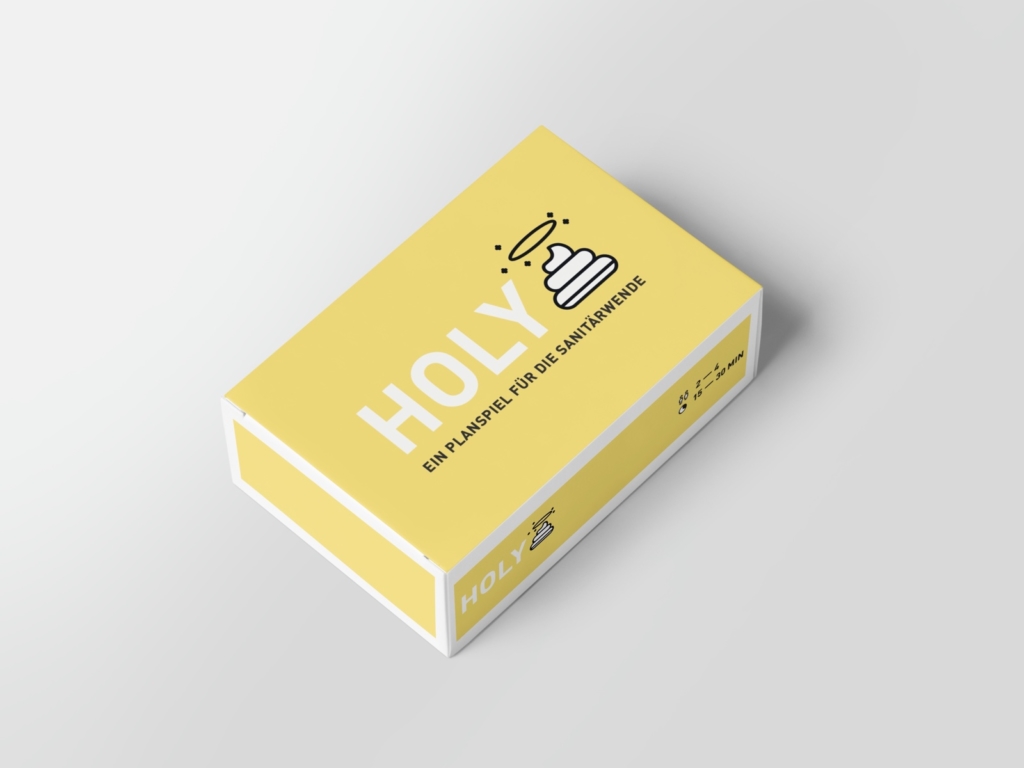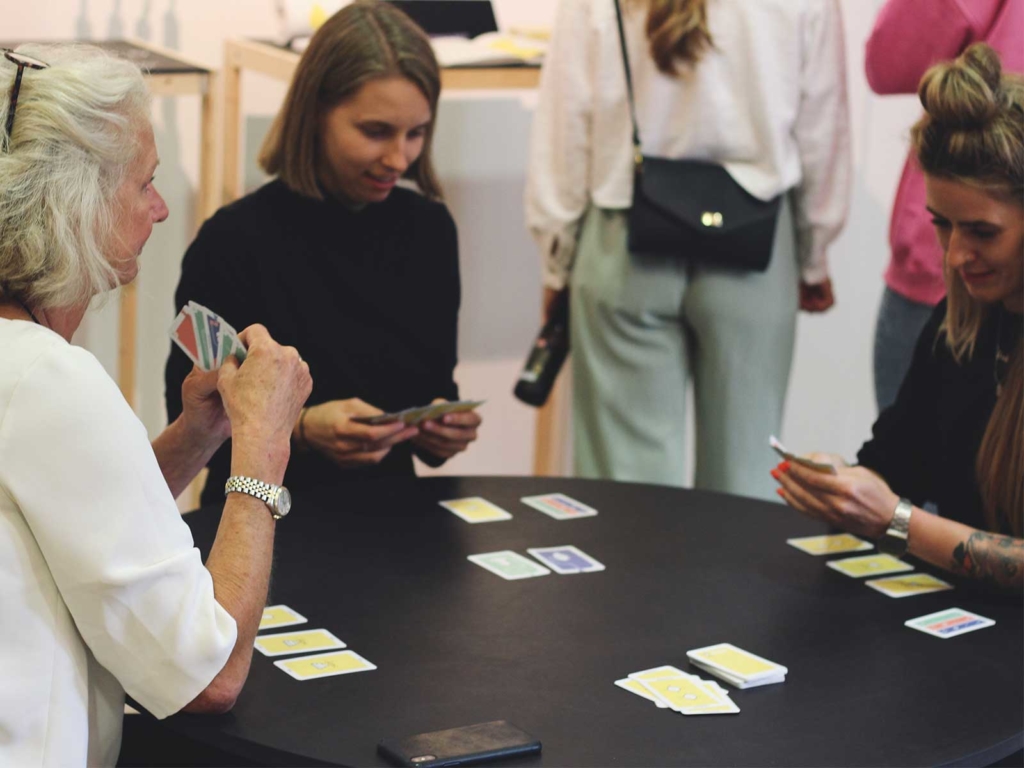In her Master thesis "A Toilet Paper - Sustainable Sanitation Solutions for Municipalities", KISD student Anastasia Bondar raises awareness of the potential to recover nutrients from digested food with the help of dry toilets and make them available again in the sense of a circular economy in agriculture. For this, she was awarded 1st place with the Cologne Design Prize. Moreover, she is developing dry toilets and a recycling system in cooperation with the city of Cologne.
“We press the flush and it’s gone – but where exactly is ‘gone’?”
Anastasia Bondar first asked herself this question in an old lady’s allotment garden. In her garden shed was a water toilet that was connected to a septic tank and therefore shut down.
Anastasia began to look into the taboo subject of faeces and sanitation: What are the alternatives to flush toilets? How can sanitation and recycling facilities be made sustainable? In the end, this turned into her master’s thesis, which was awarded 1st place in the Cologne Design Prize because, according to the jury, she created “an outstanding project that also demonstrates the relevance and strength of service design”. In the following, she presents her master’s thesis and the funding and cooperation that resulted from it:
The Master Thesis
Our urine and faeces (= excrement) contain valuable nutrients (phosphorus and nitrogen) that are essential for food production in agriculture. Currently, these nutrients are lost in the sanitation system because our faeces are incinerated as sewage sludge after wastewater treatment. With the help of dry toilets, urine and faeces can be collected without water and recycled into fertiliser in a quality-assured manner.
Anastasia Bondar developed the HolyShit simulation game to communicate this topic. It illustrates the potential of closing nutrient cycles locally with the help of dry toilets and serves as an ideal door opener for the sanitation turnaround in educational contexts, administration and politics. HolyShit was used to build a network with funding agencies, administrative actors and researchers to make public dry toilets and the recycling of digested food a reality in Cologne.
Funding by the City of Cologne
Building on her Master’s thesis, which was developed as part of the research project funded by the German Federal Ministry of Education and Research, Anastasia Bondar is currently developing dry toilets for the city of Cologne. She is also working on the implementation of a recycling system for their contents. To this end, she is cooperating with zirkulierBAR and Finizio Future Sanitation. The Climate Protection Coordination Office of the City of Cologne is funding the project as part of the Smart City Cologne Go project.
Project partners
Research project zirkulierBAR, funded by the Federal Ministry of Education and Research & Finizio Future Sanitation.
